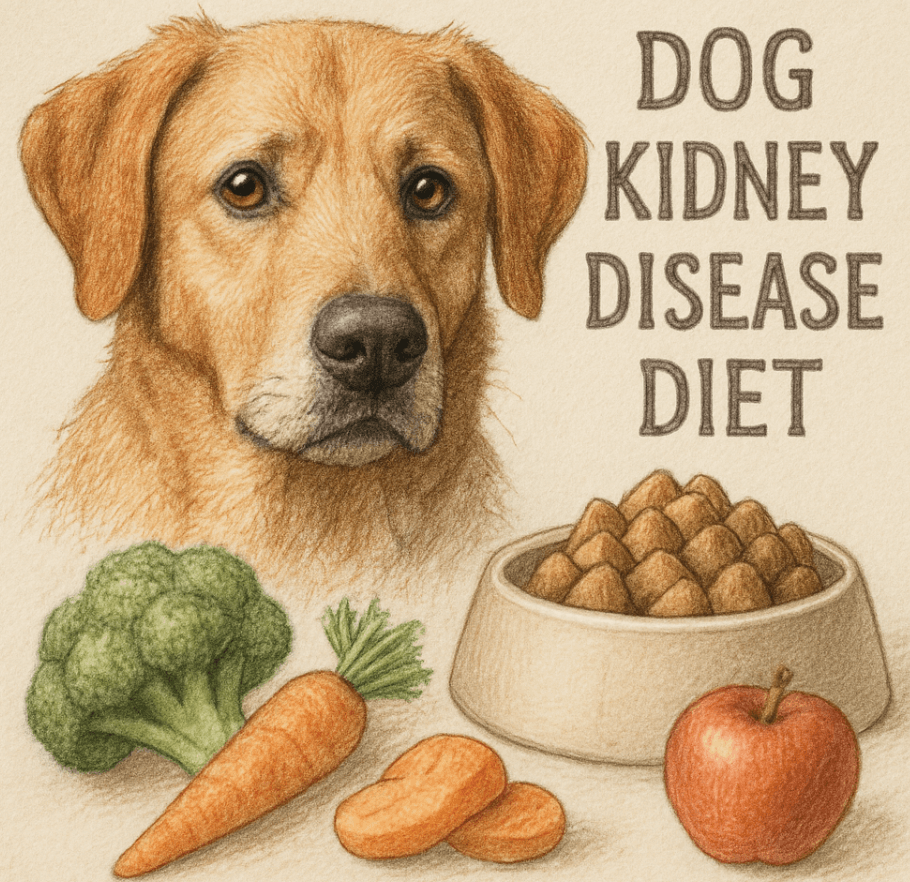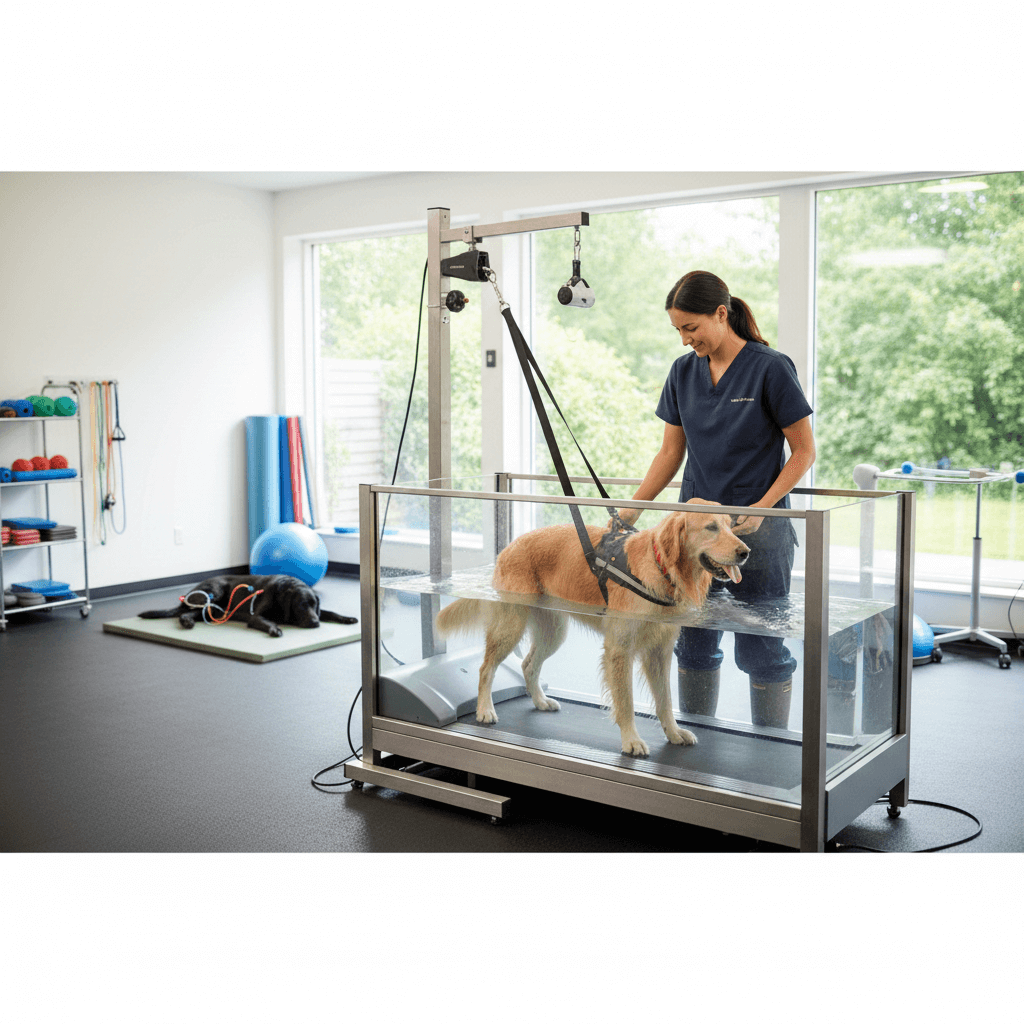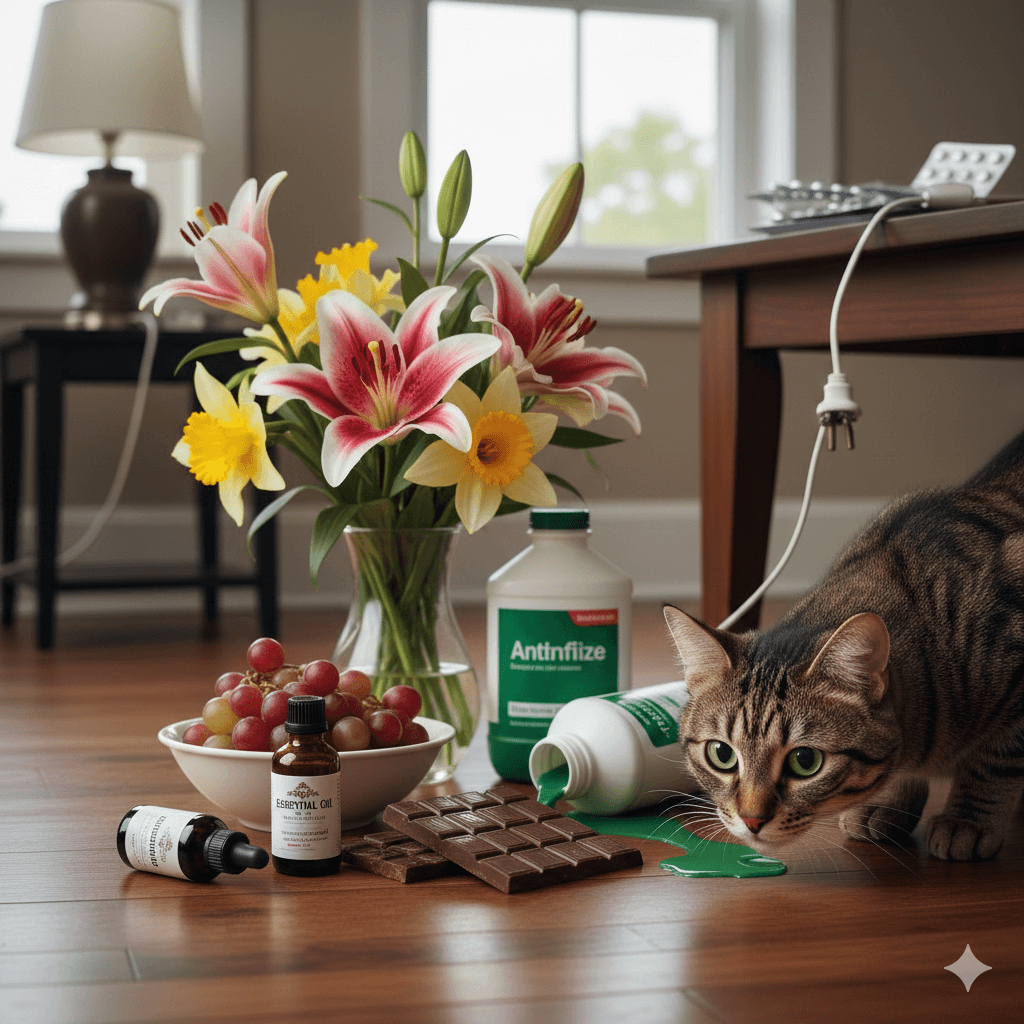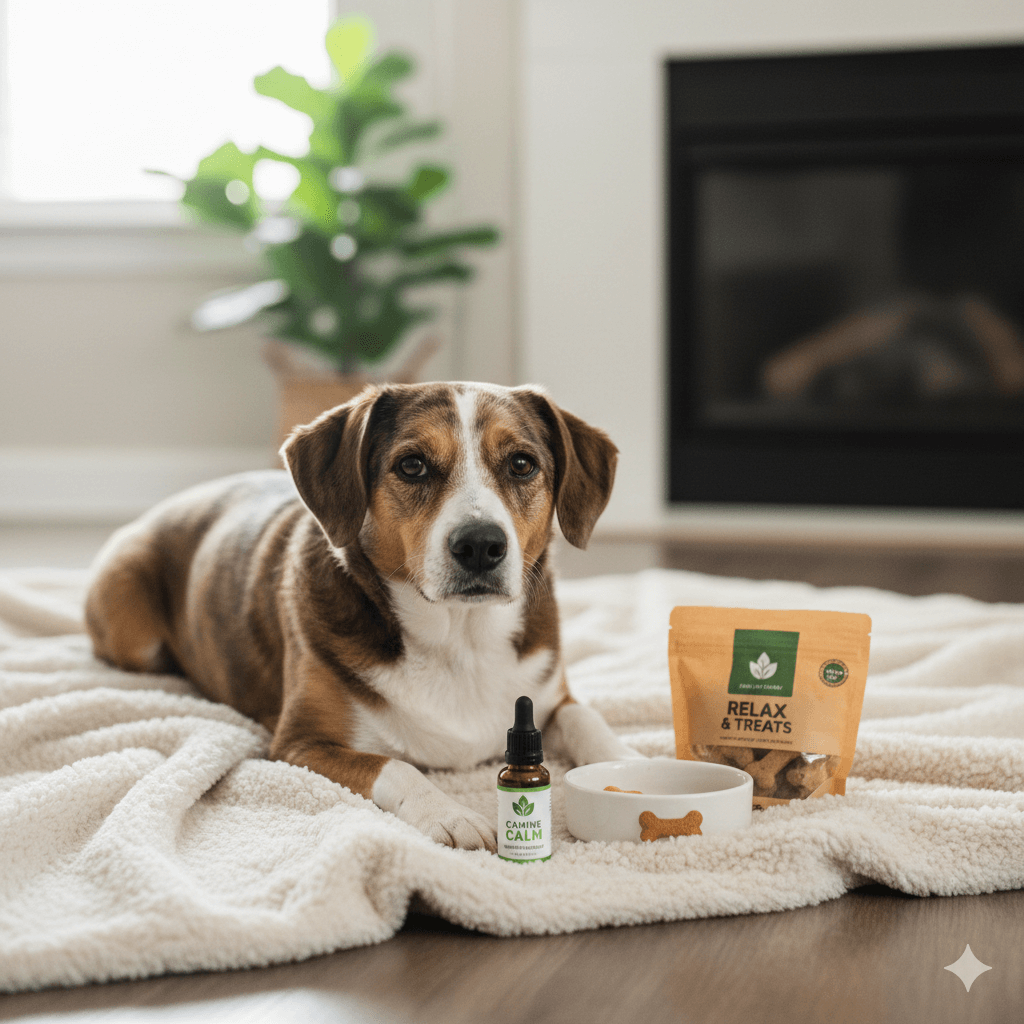Dog Kidney Disease Diet: Supporting Your Furry Friend’s Health
Kidney disease is a common and challenging condition that affects many dogs, particularly as they age. While it can’t always be cured, proper dietary management plays a crucial role in slowing its progression and improving your dog’s quality of life. A well-planned dog kidney disease diet focuses on reducing the workload on the kidneys while ensuring your pet receives the nutrients they need to thrive. In this blog post, we’ll explore how to tailor your dog’s diet to support their kidney health, from key ingredients to practical feeding tips. Whether your dog has been recently diagnosed or you’re looking to prevent kidney issues, this guide will help you make informed decisions for your beloved companion.
Key Components of a Dog Kidney Disease Diet
A specialized diet is essential for managing kidney disease in dogs. The goal is to minimize stress on the kidneys while providing balanced nutrition. Here are the key components to include in your dog’s diet.
Low Protein Content:
Reducing protein helps decrease the production of waste products that the kidneys must filter. However, high-quality protein is still necessary to maintain muscle mass.Restricted Phosphorus Levels:
High phosphorus levels can worsen kidney damage. A low-phosphorus diet is critical for slowing the progression of the disease.Moderate Sodium Intake:
Excessive sodium can strain the kidneys and lead to dehydration. Opt for foods with controlled sodium levels to support hydration.Increased Moisture Content:
Wet or hydrating foods help combat dehydration, which is common in dogs with kidney disease. Canned food or adding water to kibble can be beneficial.Omega-3 Fatty Acids:
These anti-inflammatory fats, found in fish oil, may help reduce kidney inflammation and improve overall function.
By focusing on these dietary elements, you can create a meal plan that supports your dog’s kidney health and overall well-being.
Foods to Avoid in a Dog Kidney Disease Diet
While some foods are beneficial, others can exacerbate kidney disease and should be avoided at all costs. Steering clear of these ingredients is vital for your dog’s health.
High-Protein Treats:
Jerky, rawhide, and other protein-heavy snacks can overwhelm the kidneys and should be eliminated.Processed Foods:
Commercial treats and table scraps often contain harmful additives like salt and artificial preservatives that strain the kidneys.High-Phosphorus Ingredients:
Avoid foods rich in phosphorus, such as organ meats (e.g., liver) and certain dairy products.Excessive Salt:
Salty snacks, deli meats, and salty broths can increase blood pressure and worsen kidney function.Toxic Foods:
Grapes, raisins, chocolate, and onions are toxic to dogs and should never be included in their diet.
Eliminating these harmful foods ensures your dog’s diet remains safe and supportive of their kidney health.
Check this guide 👉Caring for a Dog in the Last Days of Kidney Failure: Best 7 Tips
Check this guide 👉Dog Diseases That Cause Aggression: Best 7 Expert Tips!
Check this guide 👉Cushings Disease in Dogs: Best 7 Health Tips!

Safe Foods for Kidney Disease | Foods to Avoid for Kidney Disease |
|---|---|
Lean meats (chicken, turkey) | Organ meats (liver, kidney) |
Low-phosphorus vegetables (carrots) | Processed snacks and table scraps |
Cooked eggs (in moderation) | High-sodium broths or soups |
Rice and oats (easy-to-digest grains) | Rawhide chews and jerky treats |
Fish oil (omega-3 fatty acids) | Toxic foods like grapes and chocolate |
Tips for Transitioning to a Kidney-Friendly Diet
Switching your dog to a kidney-friendly diet requires care and patience to avoid digestive upset. Follow these tips to ensure a smooth transition.
Gradual Changes:
Mix small amounts of the new food with the old diet, gradually increasing the proportion over 7-10 days.Monitor Water Intake:
Encourage your dog to drink more water by placing multiple bowls around the house or using a pet fountain.Consult Your Veterinarian:
Work closely with your vet to choose a commercially available renal diet or formulate a homemade plan tailored to your dog’s needs.Track Progress:
Observe changes in your dog’s energy levels, appetite, and bathroom habits to gauge how well they’re adjusting.Offer Variety Within Limits:
Rotate safe foods to keep meals interesting while staying within the dietary guidelines for kidney health.
A thoughtful approach to transitioning ensures your dog adapts comfortably to their new diet.
Supplements That Support Kidney Health
In addition to a proper diet, certain supplements can enhance kidney function and overall wellness in dogs with kidney disease. Always consult your vet before introducing any new supplements.
Fish Oil:
Rich in omega-3 fatty acids, fish oil reduces inflammation and may slow kidney deterioration.Probiotics:
Probiotics support gut health, aiding digestion and nutrient absorption, which is crucial for dogs with compromised kidneys.B Vitamins:
These vitamins help combat fatigue and support energy metabolism, especially in dogs with reduced appetite.Calcium Carbonate:
This supplement can help balance calcium and phosphorus levels, protecting bone health in dogs with kidney issues.Herbal Blends:
Some veterinarians recommend herbs like dandelion root or nettle leaf to support kidney function naturally.
Supplements can complement a kidney-friendly diet, but professional guidance is essential to avoid over-supplementation.
Signs Your Dog May Benefit from a Kidney-Friendly Diet
Recognizing the early signs of kidney issues allows you to intervene promptly with dietary changes. Look out for these symptoms that indicate your dog may need a specialized diet.
Increased Thirst and Urination:
Excessive drinking and frequent bathroom breaks are common indicators of kidney problems.Loss of Appetite:
A sudden refusal to eat or reduced interest in food may signal underlying health issues.Weight Loss:
Unexplained weight loss despite normal eating habits can point to kidney dysfunction.Lethargy or Weakness:
Dogs with kidney disease often appear tired or less active than usual.Vomiting or Diarrhea:
Digestive issues may arise as the kidneys struggle to filter toxins effectively.
Identifying these signs early allows you to seek veterinary advice and adjust your dog’s diet proactively.
Common Misconceptions About Dog Kidney Disease Diets
Misunderstandings about kidney-friendly diets can lead to poor decisions. Clarifying these myths ensures you provide the best care for your dog.
All Low-Protein Diets Are Safe:
While protein should be limited, overly restrictive diets can lead to malnutrition and muscle loss.Homemade Diets Are Always Better:
Without veterinary guidance, homemade meals may lack essential nutrients, worsening kidney function.Kidney Disease Is Always Fatal:
With proper management, including diet, many dogs can live comfortably for years after diagnosis.Water Alone Can Fix Dehydration:
While hydration is vital, it’s not a standalone solution; diet and supplements also play critical roles.Prescription Diets Are Too Expensive:
While costlier than regular food, prescription diets are formulated specifically to extend your dog’s life and improve their comfort.
Understanding these misconceptions helps you make informed decisions about your dog’s care.
Practical Tips for Feeding a Dog with Kidney Disease
Feeding a dog with kidney disease doesn’t have to be overwhelming. These practical tips simplify the process while ensuring your dog gets the care they need.
Stick to a Routine:
Feed your dog at the same times each day to establish consistency and reduce stress.Use Small Portions:
Smaller, more frequent meals can ease digestion and prevent overwhelming the kidneys.Keep Food Fresh:
Store wet food properly and discard leftovers to avoid spoilage, which can harm your dog’s health.Encourage Gentle Exercise:
Light walks after meals promote digestion and help maintain muscle tone without straining the kidneys.Stay Positive During Mealtime:
Create a calm, enjoyable atmosphere to encourage your dog to eat, even if their appetite is reduced.
With these strategies, feeding your dog becomes a manageable and rewarding part of their care routine.
Frequently Asked Questions About Dog Kidney Disease Diet
What causes kidney disease in dogs?
Kidney disease can result from aging, infections, toxins, or genetic predispositions. Early detection and diet management are key.
Can I prepare homemade meals for my dog with kidney disease?
Yes, but only under veterinary supervision to ensure the diet is nutritionally balanced and safe.
How much water should my dog drink daily?
Dogs with kidney disease should have constant access to fresh water, as dehydration can worsen their condition.
Are there commercial diets for kidney disease?
Yes, many brands offer prescription renal diets specifically formulated for dogs with kidney issues.
Can kidney disease be reversed with diet?
While diet can’t reverse kidney damage, it can significantly slow the progression and improve your dog’s quality of life.
Empowering Your Dog’s Journey to Better Kidney Health
Managing kidney disease in dogs requires dedication, patience, and a focus on nutrition. By implementing a dog kidney disease diet, avoiding harmful foods, and incorporating supportive supplements, you can help your furry friend live a longer, healthier life. Remember, every dog is unique, so work closely with your veterinarian to tailor a plan that meets their specific needs. With love, care, and the right dietary choices, you can make a meaningful difference in your dog’s well-being and enjoy many happy years together.
Understanding Dog Rehabilitation: Best 7 Expert Tips! – Discover how targeted therapies and exercises restore mobility, relieve pain, and improve your dog’s quality of life safely.
Can THC Help with Cat Anxiety? Best 7 Expert Tips! – Discover the facts, risks, and safe usage of THC for calming your anxious cat. Always consult a vet first!
What Is Toxic to Cats: Best 7 Expert Tips! – Discover common toxins, recognize symptoms, and learn how to keep your cat safe from harmful substances.
Can THC Help with Dog Anxiety? Best 7 Expert Tips! – Discover the effects, risks, and safe use of THC for calming your anxious dog. Consult a vet first!




